You have the right to work, but never to the fruit of work. BG 2:47
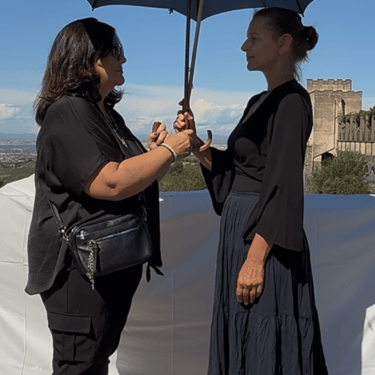
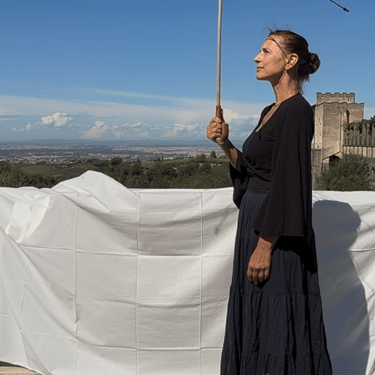
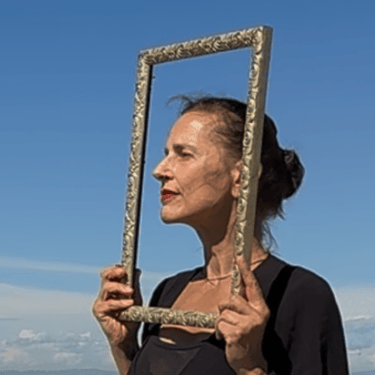
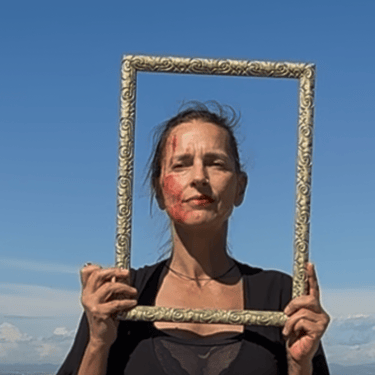
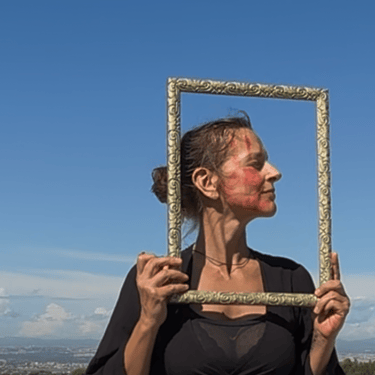
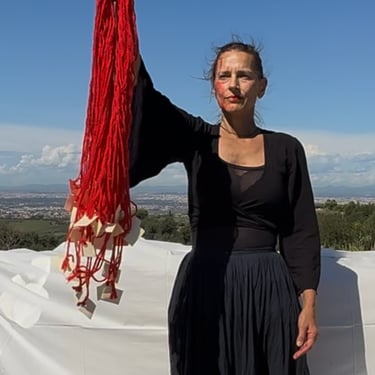
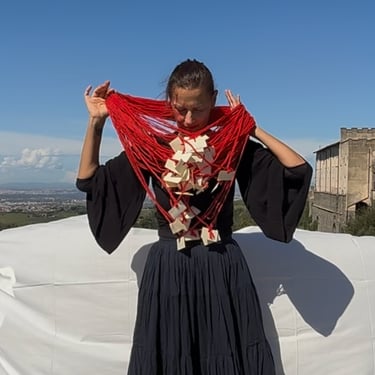
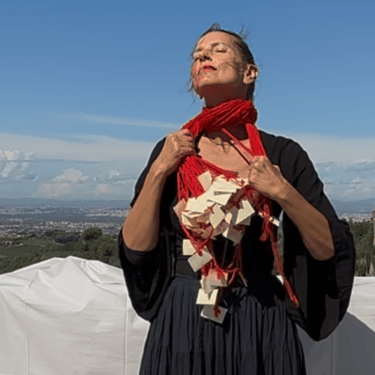
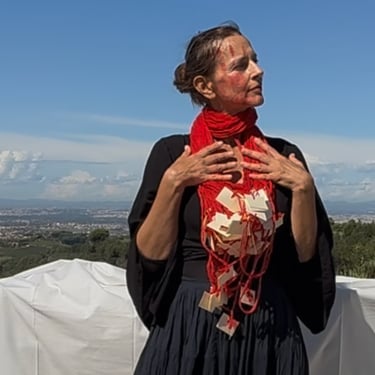
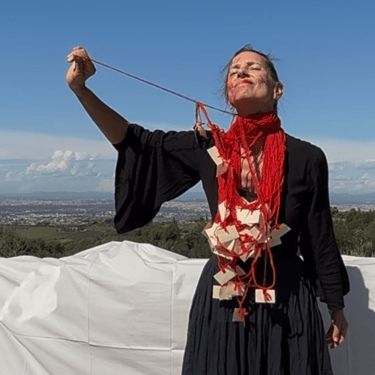
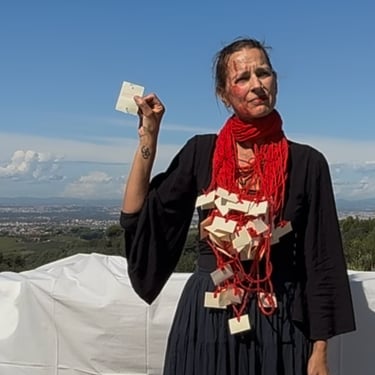
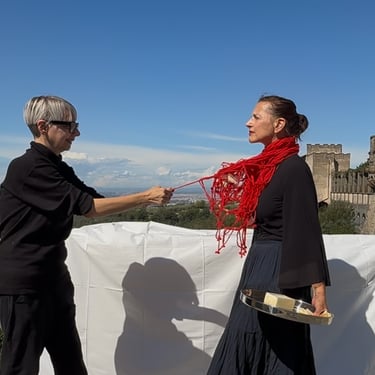
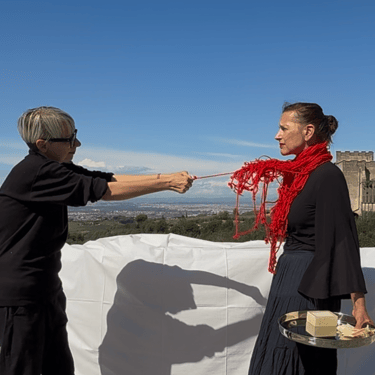
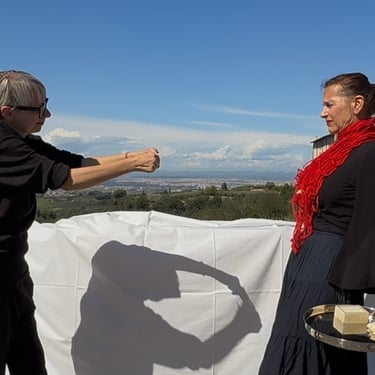
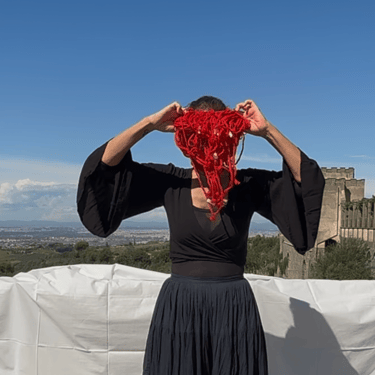
Seventy-five (2025), BASTA!..., Via G. della Rovere, Grottaferrata, Rome IT
I enjoy psychological horror films as much as romantic comedies. Both genres often reveal complementary aspects of the human soul, especially in emotional relationships.
Spoiler alert: yesterday I watched Speak No Evil (2022), and a scene struck me deeply. The Dutch couple is about to murder a Danish couple when suddenly the male victim, with a faint voice and aware that death is near and inevitable, asks: “Why?” The perpetrator responds indifferently: “Because you let us!” This phrase stayed with me: it does not matter why the ultimate evil - the act of taking another human’s life - is about to happen, what matters is that it was allowed.
At that moment, the title of the series of events promoted by the Comune di Grottaferrata in 2025 revealed to me its full power: Basta (Enough) is the magic word we should say to others, but certainly first to ourselves, so as to define our own vital space. The 75 women who died from direct or indirect violence by a man from 1 January to 8 September, according to the national observatory Non una di meno, did not manage to utter this word.
I myself have used this word sparingly in my relationships because I was taught to understand, forgive, and justify the other. My mother taught me this, as she had learned it from my grandmother. Patriarchal culture is so invasive that mothers taught their daughter to understand, forgive, and move forward. I learned basta through my life, reflecting on relationships, building respect for myself and my intrinsic value as a human being. Basta defines our vital space: if anyone crosses that boundary, we cannot live. It is built daily not only in love relationships but also in friendships, professional relationships, and communal living.
How and why saying basta? I represented it through three dynamic images:
1. An umbrella that seems to protect us but turns out useless: exterior protection is futile when inner protection is absent, leaving us defenceless. Another person and I hold an umbrella together. When she moves, it is revealed that my umbrella lacks fabric and thus does not protect me at all.
2. Holding a frame around my left profile, I apply a veil of lipstick on my lips. Afterward, I move my head to show my lips covered in lipstick, but revealing the other side, a red slap mark is evident on my cheek. The man wants the woman beautiful; for centuries women have been a source of inspiration in art, but the other side of this admiration and love often proves possessive and fatal, ending in acts unrelated to love.
3. I wear a necklace made of red woollen threads, each with a small tag attached. Seemingly messages of love, the audience is invited to pull them off forcefully; with every tear, the necklace tightens around my neck, choking me more and more. Reading the tags reveals the names of all the women killed in 2025 up to 8 September. The list is long, and I ask the same people who have already read a name to help me finish, reading more. With every tag, the necklace tightens further. Many of these women were strangled. The missing air is like that basta unspoken, which tightened in the woman’s throat until she was suffocated.
As this is a performance involving the audience, I could immediately observe the effect of my actions: tear-filled eyes and faces contorted in expressions of pain confirmed the audience’s empathy with the deceased women and their proximity to an idea of supreme unjust suffering. Post-performance comments confirmed these impressions. Such a response signals true empathy toward a tragic and urgent topic. Empathy can lead to actions.
Our society will not have made real progress until all women have learned to say enough at the right moment. Even a reduction in femicides will never be a true success.
We do the right thing only when we are being watched; we do the wrong thing only when we are not.
Video stills Daniela Beltrani
Videos Paola Fatelli


